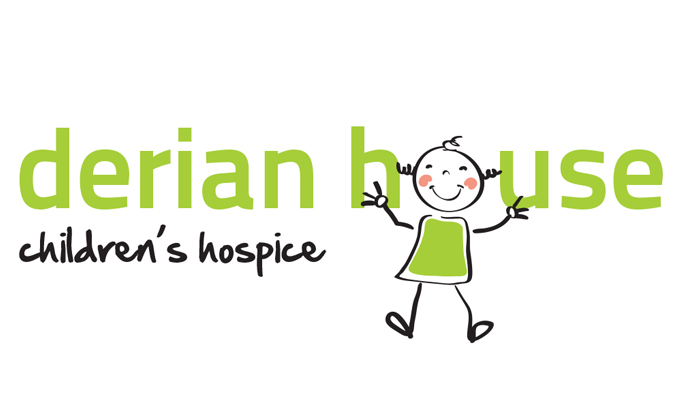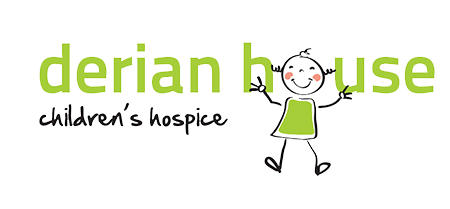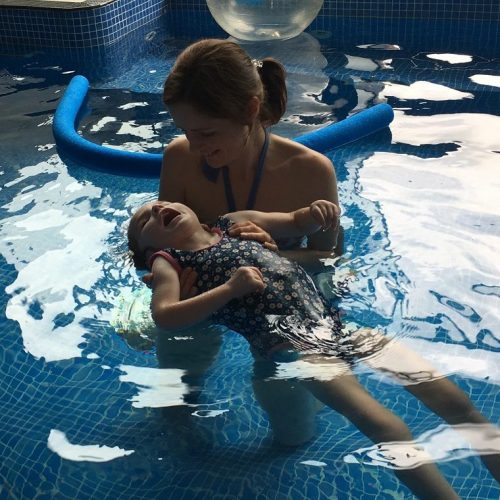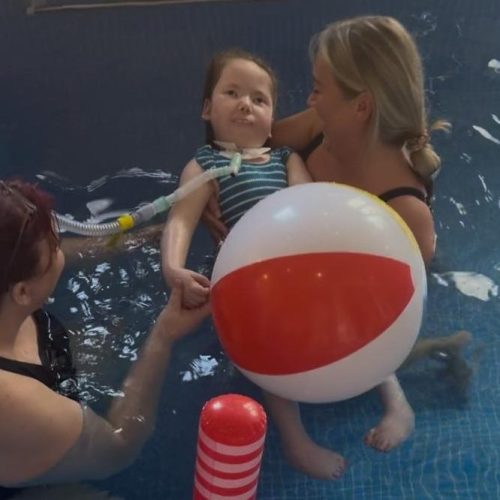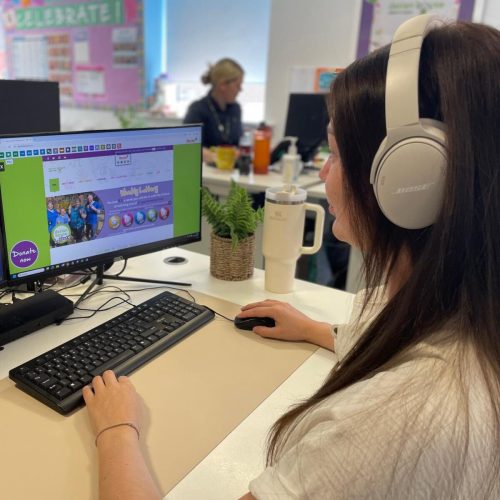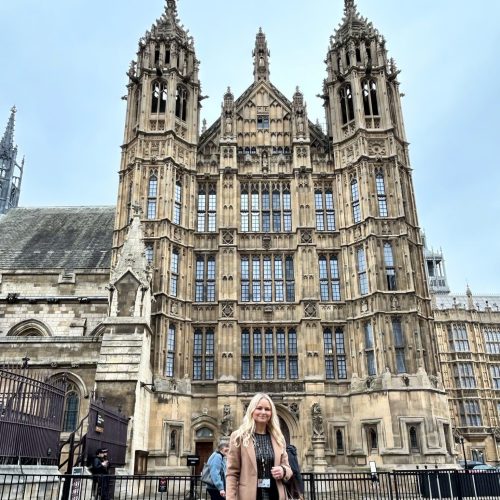END of life care for children and young people in the North West of England is a “postcode lottery” according to new research released today.
NHS provision is “patchy” with nurses providing out-of-hours care out of goodwill and children’s hospices plugging the gap in services so desperately needed by families when an ill child is at the end of their life, the survey found.
The stark findings are part of a needs assessment, carried out by DJS Research on behalf of Derian House Children’s Hospice in December 2020.
The charity wanted to ensure it was meeting the needs of children, young people and families living with a life-limiting condition across the North West of England.
Researchers spoke to 100 families who use services at Derian House, as well as speaking to Clinical Commissioning Groups (CCGs) and issuing freedom of information requests.
They found gaps in specialist palliative knowledge and training, emotional wellbeing support, cultural link workers and transition services when young people reach the 26-year cut off point.
End of life 24/7 care is particularly limited, with Derian House Children’s Hospice regularly stepping in to provide this, the report found.
Spend on provision differed hugely within the 20 North West CCGs contacted. Some had robust services in place, and others nothing.
“While the findings of our research are stark, they are not shocking to us because we’ve been filling the gaps in children’s palliative and end of life care for a long time,” said David Robinson, Chief Executive of Derian House Children’s Hospice.
“It costs £5 million to run our services every year and yet currently only 12% of this comes from government funding. The care of seriously ill children in our community is being paid for by bake sales and sponsored walks, which is simply not right.
“We have great working relationships with some CCGs in the area and are working hard on our partnerships with others and the wider health network.
“Our aim is to ensure that no child with a life-threatening or life-limited condition is missed and that every family gets the help they need.
“The findings of this research will mean we can set out our aims as a charity using the words of the people who matter most – our families.”
The survey, which also asked families about their experience at Derian House, found that 97% of participants would recommend Derian House to others needing similar care and support.
Participating families said:
- Planned overnight respite was the service they valued most – 62% said it helped them to meet their basic needs of sleep, time for them and their families and other day-to-day activities.
- Wellbeing services are highly valued, with 42% highlighting the hydrotherapy pool as important.
- The free week’s holiday at Ribby Hall Holiday Village in Wrea Green that families are offered every year has a positive emotional impact on their wellbeing.
- Four key areas of support families wanted most were: respite, emotional support, therapeutic support, and health care including symptom management and liaising with hospitals on their behalf.
The family of a four-year-old girl who comes to Derian told researchers: “It’s an extra pair of hands for me, so I can have a break and some me time. It’s more the respite really, even if it’s just for three hours a couple of times a week. This is so helpful to me.”
The family of a three-year-old girl said: “The fact we are not dealing with things on our own. Being able to go out and be a normal family and not have the burden of being mum, carer, doctor. It’s great.”
The results of the wide-ranging research will be used by Derian House to plan the services it offers its families in the future, including some exciting developments to improve the lives of children and families living with life-limiting conditions, to be announced this summer.
